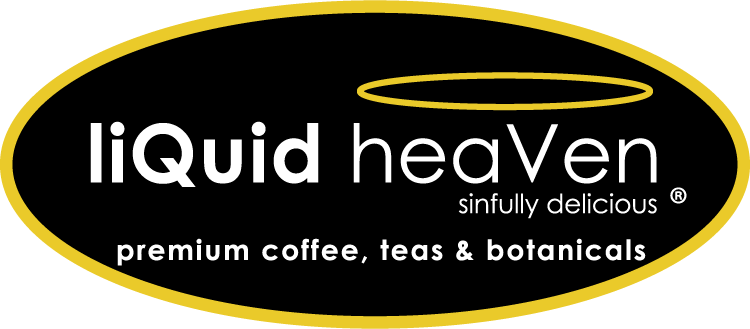What is a coffee pod?
Coffee pods are pre-measured for single-cup brewing, which means no grinding, no measuring, no mess—one pod equals one perfect cup! Single-cup brewing was developed as a solution to varying coffee tastes in the office environment. Coffee pods evolved from single-cup brewing systems that have been used in Europe for the past 30 years.
Why coffee pods?
Simply put, coffee pods offer a higher quality single-cup. Remember the old saying, ‘You can’t please all the people, all of the time?’ With pods you can! And here’s why—you have the choice of a variety of specialty-grade coffees and teas from around the world. Coffee pods cater to individual tastes.
Unlike a ‘pot’ of coffee — with pods one size can fit all.
By purchasing a variety of coffee and tea pods, it’s as if you have a coffee house right in your own kitchen! Plus, there’s no scooping, no measuring, no filters, no mess. Pods are quick and easy. Imagine the perfect cup in seconds! Your friends and family will be amazed!
The environmental single-cup choice
Due to their construction, pods are inherently respectful to the environment. Pods are the earth-friendly alternative to other package intensive single-cup options that are often associated with mediocre flavor, thin body, and a plastic aftertaste. Spent pods are fully biodegradable and make great garden compost. While the overwrap that preserves the freshness of each pod is not compostable or recyclable, this represents a small fraction of the volume of waste generated by other single-cup systems. Pod cartons are made from 100% recycled material (50%+ post consumer).
Source: Coffee Marvel dot com








